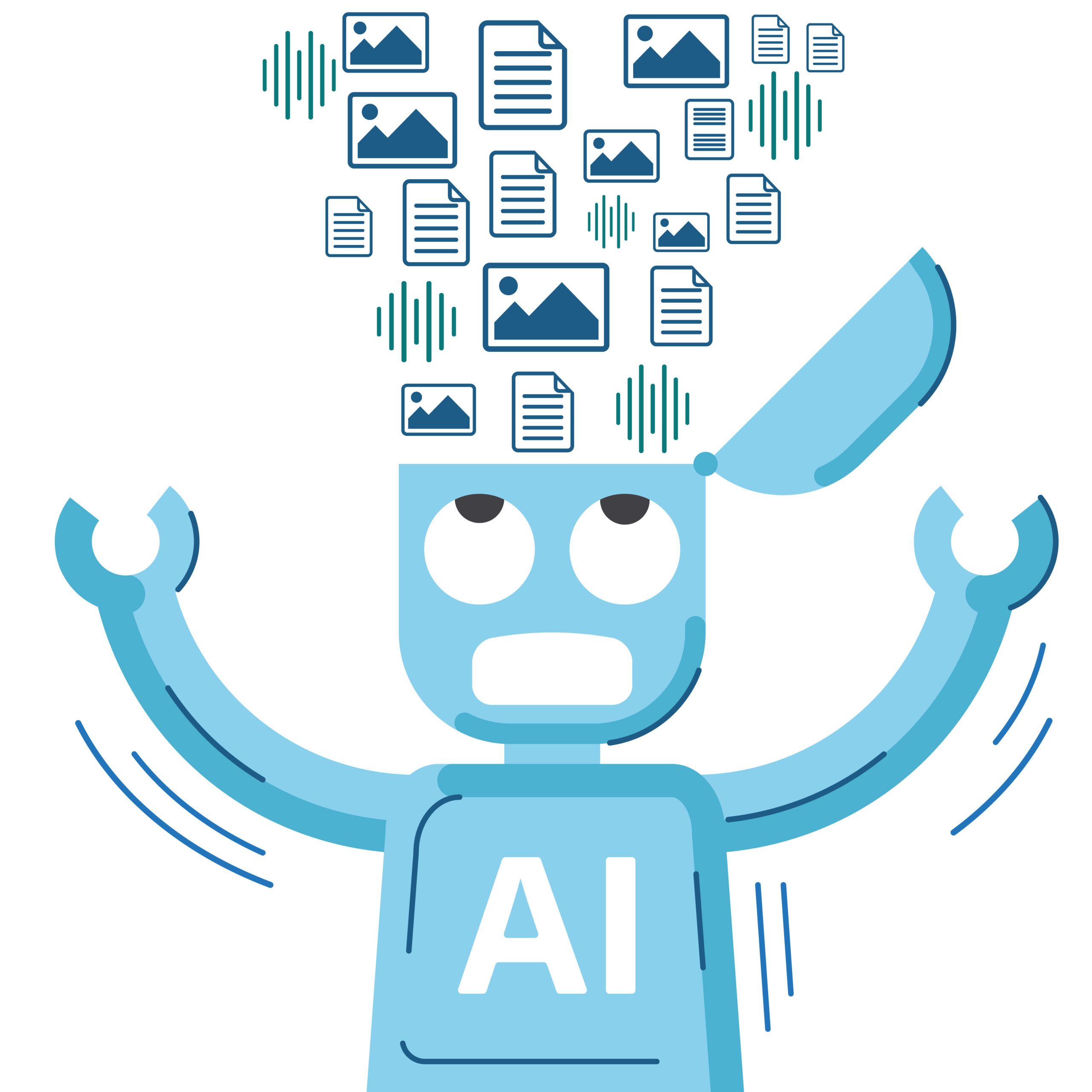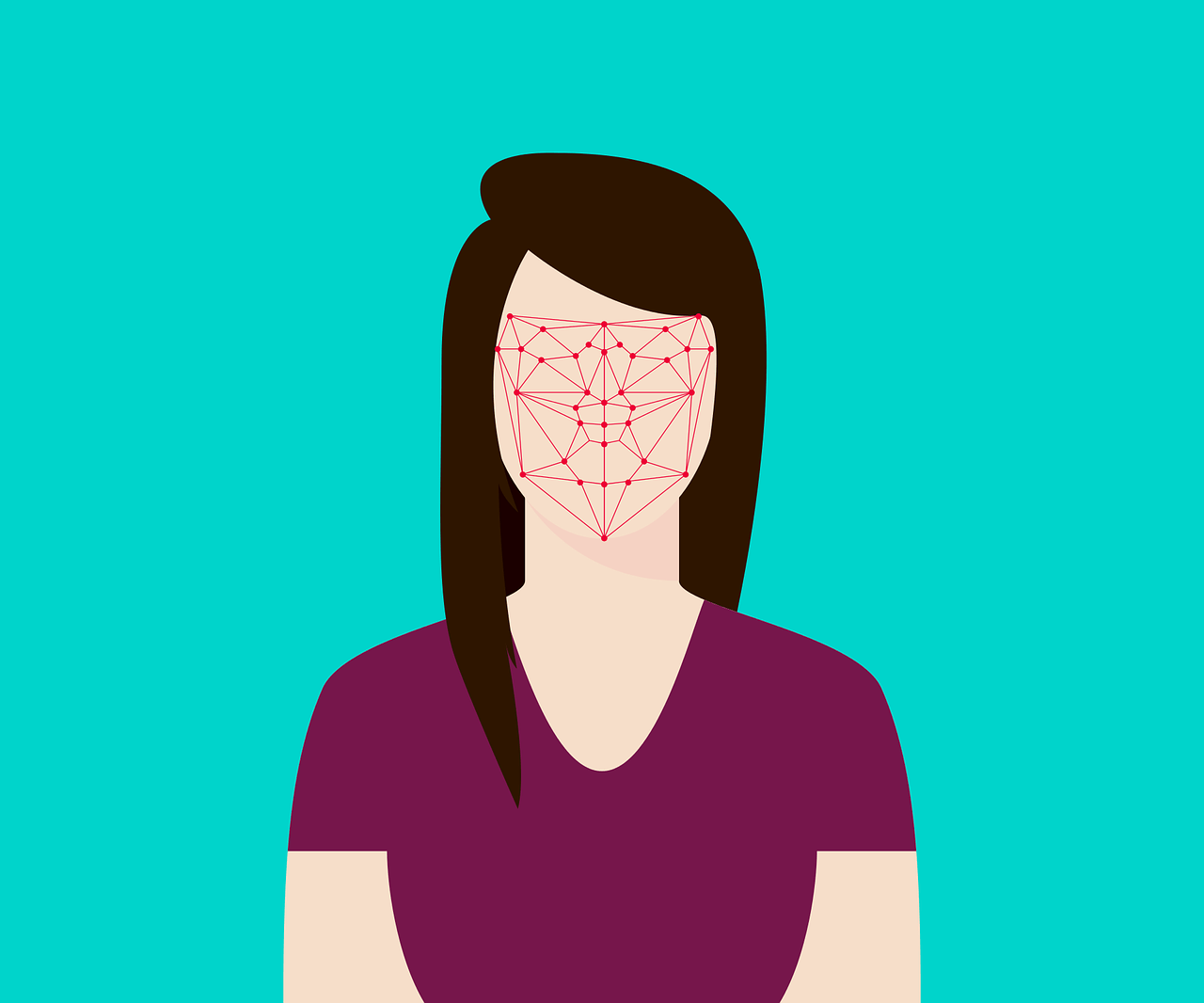
The advent of generative AI has brought transformative potential across various industries. From creating content at unprecedented speeds to automating complex processes, AI’s capabilities are reshaping sectors from entertainment and marketing to healthcare and finance. However, alongside the promise of generative AI comes a critical challenge: the risk of bias embedded within these systems. As businesses and organizations increasingly integrate generative AI into their operations, understanding and mitigating bias is crucial to ensuring fair and ethical outcomes.
Bias in widespread models
A recent paper investigated the potential bias in three of the most popular text-to-image AI generators—Midjourney, Stable Diffusion, and DALL·E 2. The findings highlight significant concerns. “Generative AI’s ability to generate a wide array of output forms—from text and code to images and videos—could potentially outpace human production capacity by 2030,” the authors note, emphasizing the need for scrutiny as these tools become more prevalent.
One major issue identified is the underrepresentation of women and Black individuals in the images generated by these AI tools. “Firstly, we find that women and Black individuals are significantly underrepresented in images generated by these tools. Alarmingly, when comparing this underrepresentation to different benchmarks such as BLS Labor Force Statistics and Google images, the disparity is even more pronounced than the status quo, intensifying the biases and stereotypes we are actively striving to rectify in today’s society.”
This discrepancy highlights how AI, if left unchecked, can reinforce and even exacerbate existing societal biases.
Some examples: bias in news & healthcare
In another study conducted by researchers from the University of Delaware, the focus was on large language models (LLMs) and their potential to influence our lives through AI-generated content (AIGC). The study revealed troubling patterns: “Our study reveals that the AIGC produced by each examined LLM deviates substantially from the news articles collected from The New York Times and Reuters, in terms of word choices related to gender or race, expressed sentiments and toxicities towards various gender or race-related population groups in sentences, and conveyed semantics concerning various gender or race-related population groups in documents. Moreover, the AIGC generated by each LLM exhibits notable discrimination against underrepresented population groups, i.e., females and individuals of the Black race.”
These findings underscore the importance of scrutinizing the content generated by AI to prevent the perpetuation of harmful stereotypes and biases.
Further research indicates that biases in AI extend beyond gender and race, indicating that disability status can also influence which health-related issues are prioritized and funded, affecting the development of AI research and tools. “Disability diseases include a wide range of functional and mental diseases, and there is variability in how the diseases are defined, as well as whether they are clearly documented in the patients’ medical records. Therefore, interest in conducting research and developing clinical tools for patients with disabilities remains suboptimal.”
Such lack of attention to disabilities in AI development further marginalizes already vulnerable populations.
Conclusions
Addressing these biases is not just a technical challenge but a societal imperative. The detection and mitigation of bias must be approached from multiple fronts, considering the specific use cases of AI models. Custom audits and thorough evaluations of AI systems are essential to identify and correct biases that might otherwise go unnoticed.
At Neuromantics, we specialize in AI ethics services and algorithm auditing, helping organizations navigate the complexities of implementing generative AI responsibly. Our team is equipped to conduct comprehensive audits tailored to your specific use case, ensuring that your AI systems are not only efficient but also fair and unbiased.
The integration of generative AI into various sectors promises substantial benefits, but only if done with a keen awareness of the potential for bias. For businesses looking to harness the power of AI while upholding ethical standards, a custom audit is the best solution. Contact us at Neuromantics to learn more about how we can assist you in ensuring your AI implementations are both effective and equitable.





